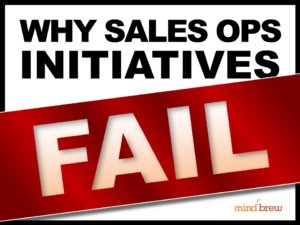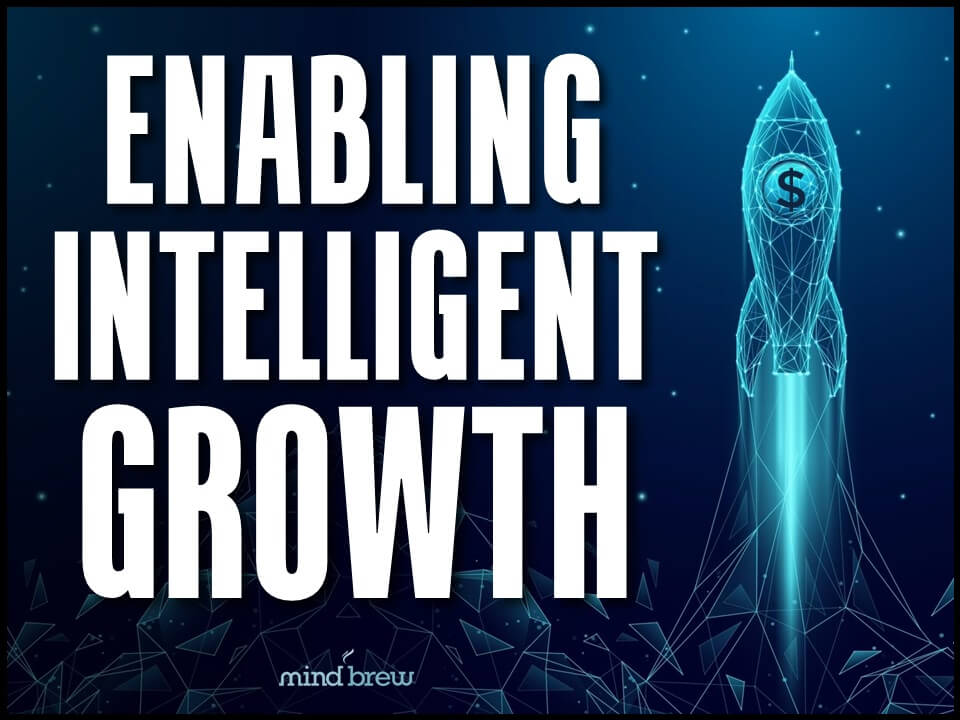Adults like to think that children are naïve. Maybe even a little stupid. After all, about 80% of them believe in Santa Claus.
But child psychologists say that children are actually less likely to believe an event has supernatural causes than adults are. Adults might fall for conspiracy theories they read on Facebook, but children are more likely to seek out reliable sources of information.
If that’s true, why do kids believe in Santa Claus?
Experts point out that there’s a tremendous amount of cultural reinforcement of Santa’s existence. Pretty much anywhere you go in the US during December, you’ll see depictions of the jolly old elf. He’s in movies and on TV. Reporters cover him on the news. Google has a Christmas Even Santa tracker. Even though it seems implausible that one man delivers presents to every child on the planet from a flying sleigh pulled by magic reindeer, kids hear that it’s true from nearly every adult in their lives. In fact, pointing out evidence that suggests Santa might not exist while in a child’s hearing is practically taboo.
With all that, it’s no wonder kids go along with the story.
You don’t have to look all that hard to find adults doing something very similar. Sales management and sales ops tend to cling to certain beliefs and strategies because that’s what they’ve heard all their lives from people they trust. They never go looking for evidence that might show those beliefs are mistaken. As a result, they often fall into some common traps:
- The Echo Chamber: Salespeople rarely want to discuss failures—especially with peers. Instead, they trumpet their successes, which get repeated until they seem like gospel truth. Popular strategies get reinforced, and times when those strategies failed remain hidden.
- The Success Trap: Past successes can lead to a false belief that the same strategies will always work. But as we all know, the market is constantly changing. What worked yesterday might not work today. You have to adapt and evolve to survive.
- The Technology Fallacy: We see this one a lot. People have a strong predisposition to believe that the latest software will solve all their problems. And the technology vendors have no incentive to tell them otherwise. Yes, tools can be helpful. But they require strategic integration and training to be effective.
Unfortunately, these mistaken beliefs can have a lot more serious consequences than believing in Santa. Companies can miss out on opportunities, waste resources, or get trapped in strategic stagnation.
But there are ways out:
- Cultivate a culture of root-cause analysis: Encourage your team to ask deeper questions about why things worked or failed. The webinar on Diagnosing Sales Problems can help you get started.
- Embrace data-driven decision-making: Instead of relying only on selected evidence that reinforces your point of view, use comprehensive data to guide your strategies. To learn how, check out Building a Data-Driven Sales Operation.
- Learn from others’ missteps: Seeing where others went wrong helps you avoid the same mistakes. We cover some classics in Why Sales Ops Initiatives Fail
Kids believing in Santa is sweet and fun. But adults believing in Santa is a little disturbing. Make sure your team is maturing beyond the mistaken beliefs that can trap sales ops teams.














